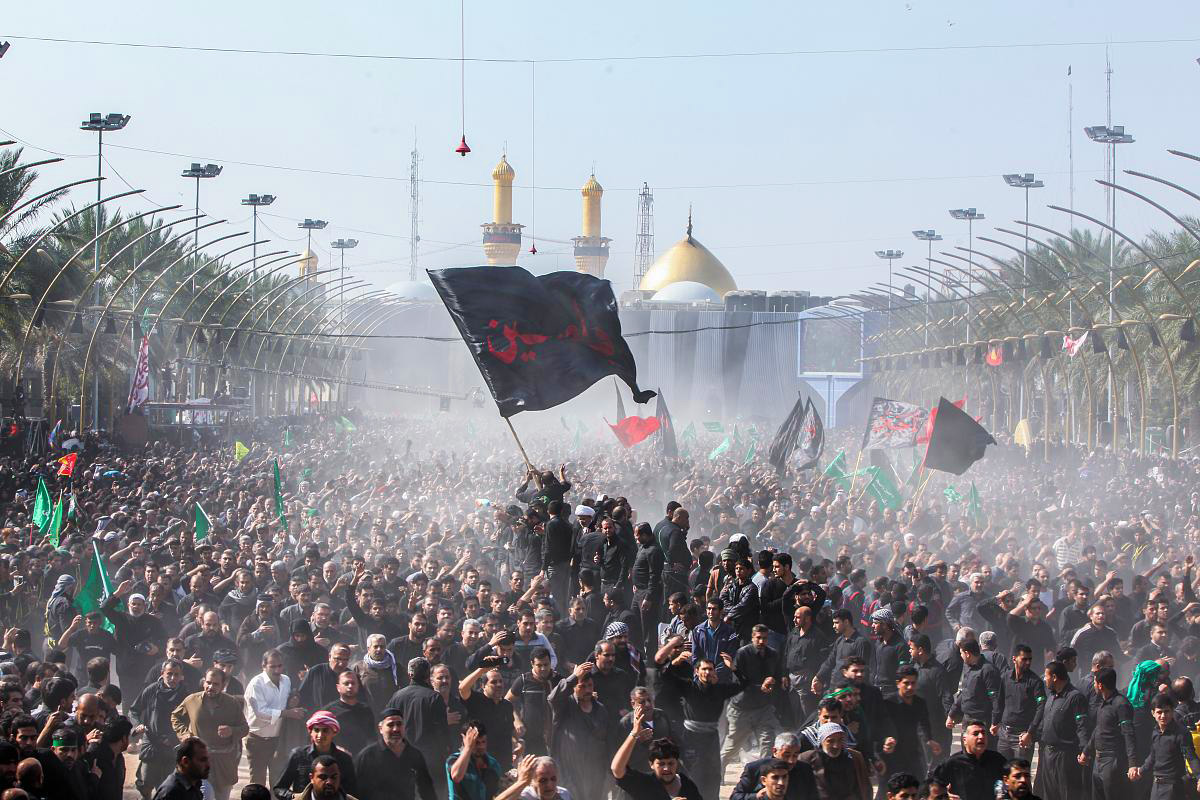On July 27, 2025, Interior Minister Mohsin Naqvi announced a ban on road travel for Pakistani pilgrims travelling to Iran and Iraq for the 2025 Arbaeen pilgrimage, citing security concerns. Air travel remains permitted, and additional flights have been arranged.
Naqvi announced on X: “After consultations with the Ministry of Foreign Affairs, the Balochistan government, and security agencies, road travel for Arbaeen has been banned to ensure public safety.” Each year, approximately 700,000 Pakistanis travel for Arbaeen, which commemorates the 40th day of mourning for Hazrat Imam Hussain (AS). Prime Minister Shehbaz Sharif has directed authorities to arrange additional flights to assist the pilgrims.
After extensive consultations with the Ministry of Foreign Affairs, Balochistan Government, and security agencies, it has been decided that Zaireen will not be allowed to travel to Iraq and Iran by road for Arbaeen this year. This difficult decision was taken in the interest of…
— Mohsin Naqvi (@MohsinnaqviC42) July 27, 2025The decision comes in response to a significant increase in terrorist incidents in Khyber Pakhtunkhwa and Balochistan since 2021. A Pakistan-Iran agreement in May 2025 improved cooperation on pilgrimage activities, allowing border crossings to remain open 24/7 during the months of Muharram and Safar and increasing the number of flights. Additionally, Iran committed to providing accommodation for 5,000 Pakistani pilgrims in Mashhad, according to APP.
Naqvi’s announcement, made following a meeting with Sharif, emphasises safety in light of regional instability. To address disruptions, the government is making flight arrangements, including additional services scheduled by PIA.
The ban is a reflection of Pakistan’s increased security measures, which align with the Federal Board of Revenue’s digital reforms. Tehran’s support and the increase in flights help maintain continuity for pilgrims; however, road restrictions may create challenges for those coming from rural areas. This decision highlights the importance of striking a balance between faith and safety.






